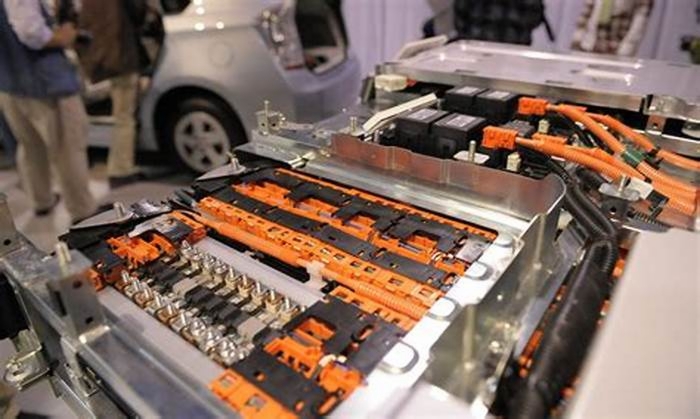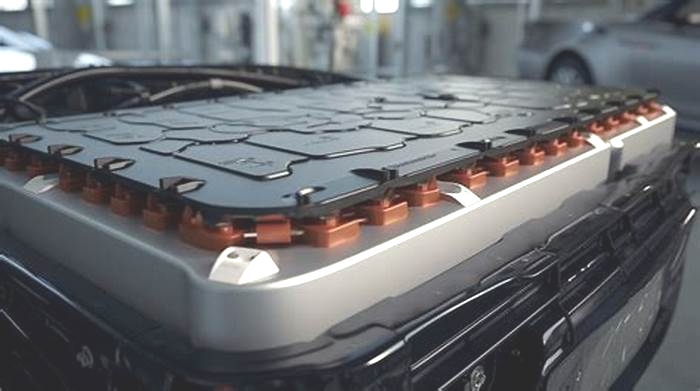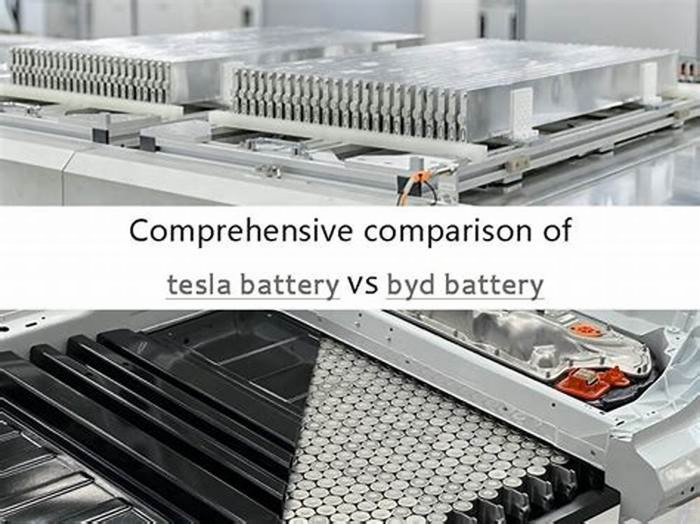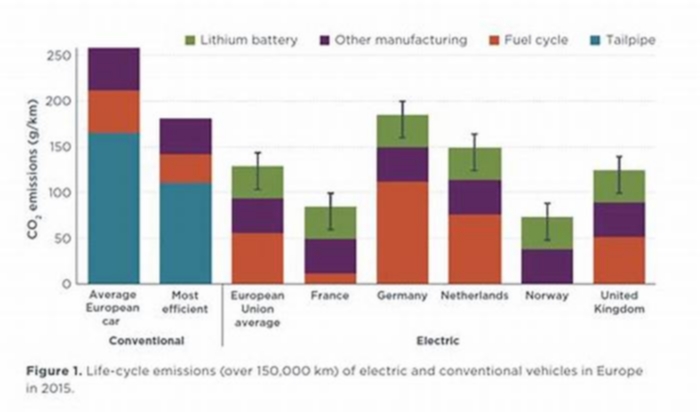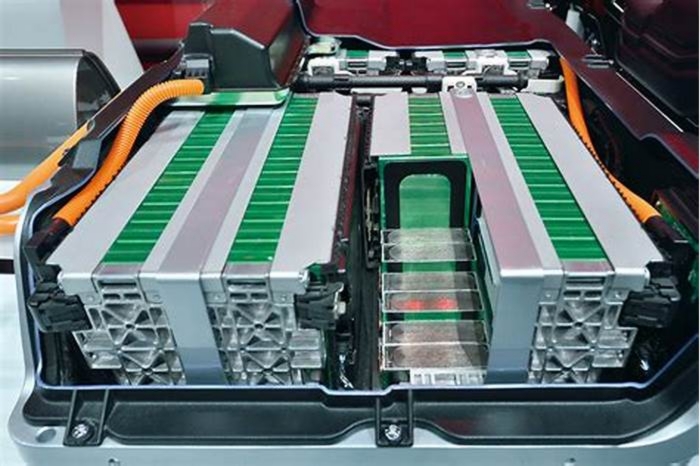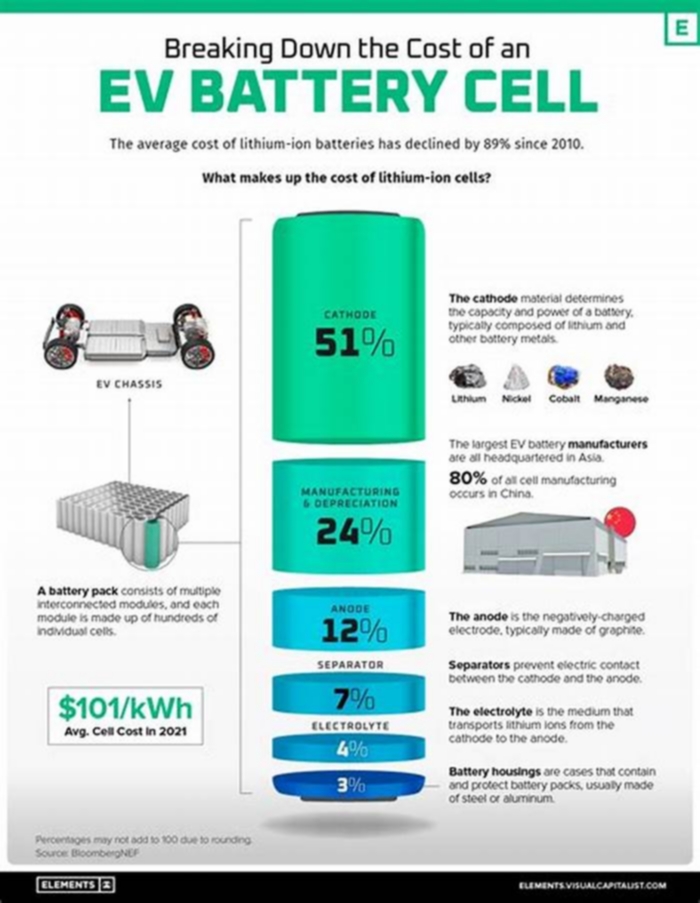How long do EV batteries last
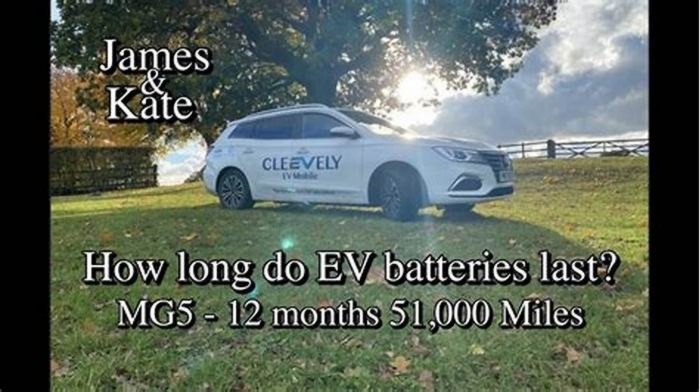
What is the lifespan of an electric car battery?
Most car manufacturers guarantee EV batteries for eight years/160,000km, with some estimates suggesting electric car battery life is somewhere between 10 and 20 years. Electric vehicle (EV) batteries can also be replaced if required.
As the most expensive part of an EV, youd hope that the lithium-ion batteries contained in the cars battery pack would last significantly longer than, say, Kanye Wests Presidential run, or defunct streaming platform Quibi (if you dont know what that is, consider our point made).
When it comes to EVs, if youre wondering How long do car batteries last?, Australia has several car manufacturers - including Tesla, Audi, Mercedes-Benz, BMW and Nissan - that guarantee EV batteries for eight years or 160,000km, whichever comes first (most guarantees state that the battery should still be holding at least 70 per cent capacity after eight years).
Read more about electric cars
This tracks with the general consensus that EV batteries last for between 10 and 20 years (the battery in a standard internal-combustion engine vehicle lasts between three and five years), although its likely to be closer to the lower end of the spectrum, with the performance of EV batteries being expected to progressively diminish once they hit the decade mark.
This shouldnt come as too much of a shock (pun not intended). As anyone who has a laptop or phone (ie pretty much everyone) knows, the batteries in these items struggle to hold a charge and become less effective once they start getting on a bit in age.
The lifespan and longevity of EV batteries will only get better with time as new technological advancements are made, although there are certain things you can do to ensure your EV battery doesnt fritz out prematurely.
What factors determine the lifespan of a battery?
Download the EVGuide Report, 2022
Australia's one-stop snapshot of all things relating to electric cars.
Download for free
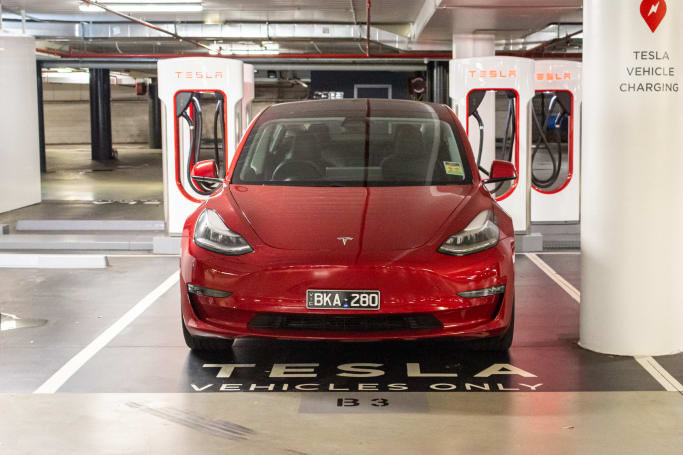 A rapid charge creates a lot of heat, which can cause battery degradation.
A rapid charge creates a lot of heat, which can cause battery degradation.
The answer to the question How long do electric cars last? can be largely answered by However long the battery lasts, and if the battery is exposed to extreme hot or cold temperatures, dont expect that to be as long as youd like.
EV batteries will begin to degrade if the temperature is below zero degrees Celsius or above 27 degrees Celsius, so anything between that range is preferable (unlike some EVs, Tesla carshave a thermal-management system for battery packs, meaning theyll last longer, charge quicker and have higher performance).
Using a DC rapid charger is good if youre in a hurry, but it isnt such a great idea so do so regularly, as a rapid charge that gives you approximately 80 per cent capacity in around 20 to 30 minutes creates a lot of heat, which can cause battery degradation.
Draining an EV battery empty or charging to 100 per cent regularly also puts strain on the battery and causes degradation, so its a good idea to aim to have your EV charged somewhere between 20 per cent and 80 per cent under normal circumstances (a full charge on a long trip, of course, is completely understandable, and driving around on 20 per cent really is for gamblers and risk takers).
The above also applies if you plan on parking the EV for a long period of time: aim for a charge between 20 to 80 per cent, and never leave it fully charged or fully drained.
The only exception to this rule is EVs that use lithium iron phosphate (LFP) batteries, like the Tesla Model 3 and Model Y, as the chemistry used in LFPs isnt affected by states of high or low charge.
How do you know when your EV battery is dying?

 Like an old phone or laptop, an EV battery may struggle to hold charge over time.
Like an old phone or laptop, an EV battery may struggle to hold charge over time.
Although simple ageing will cause an EV batterys ability to hold a charge to degrade over time, its unlikely that the battery pack will stop working altogether - like an old mobile phone or laptop, they may just struggle to hold a charge for any length of time.
What youll notice, then, is that you need to recharge more often, and those charges wont last for as long as youre used to.
While a lot of people might choose to buy themselves a new car after holding onto one for a decade or so, there are options if youve become attached to your EV.
Can you replace an EV battery?

 A Melbourne-based firm will commence a scalable hybrid battery remanufacturing exchange program.
A Melbourne-based firm will commence a scalable hybrid battery remanufacturing exchange program.
Yep, you sure can. It might be that your EV never needs its battery replaced, but if it does, it wont happen until at least a decade into the cars life, at the earliest.
Dealers can replace EV batteries, and prices vary depending on the size of said batteries.
Battery recycling is also slowly becoming a thing, with Toyota, for example, offering a credit toward the price of a new battery for any used EV batteries that are returned for recycling. BMW also has plans to re-purpose old EV batteries for mass power storage or recycling.
Again, though, this may never be necessary, with batteries possibly lasting for a couple of decades, and battery technology developing in the direction where EV batteries will last even longer - and, crucially, take you even further.
How long do electric car batteries last? [May 2023]
Electric car battery life is more resilient than you think
Electric vehicles (EVs) have never been more popular than today. Globally, EV sales exceeded 10 million in 2022 and with over 2.3 million electric cars sold in the first quarter of 2023 sales are expected to grow strongly through 2023.
Despite this rapid increase, many drivers still have reservations and one of the most common concerns is around EVs batteries. Next to range anxiety, the fear that a battery will die is an important worry cited by 33% of potential EV drivers in our recent Mobility Monitor research.
While this fear is understandable, given our experience with phone and laptop batteries losing capacity faster than wed like, EV batteries are designed and built to be far more resilient. In fact, research shows that electric car batteries will probably outlive the vehicle theyre in (and even then, they can have a second life).
This article explores common misconceptions about electric car battery longevity, how long it actually lasts, and what you can do to extend its life cycle.
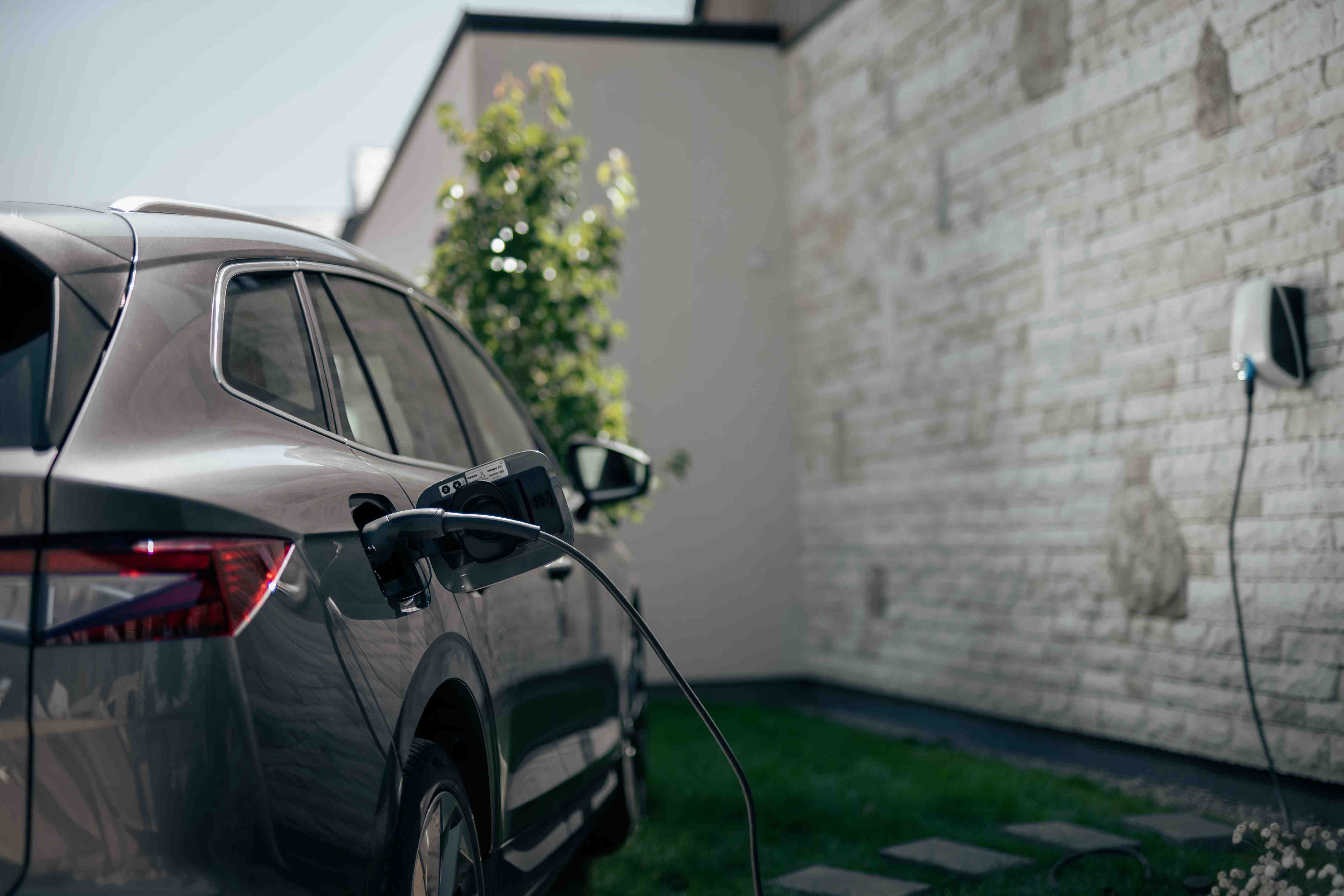
Battery life of electric cars: The understandable (yet misplaced) lack of trust
Batteries surround us in our daily lives: from our phones, tablets, and laptop to scooters and electric toothbrushes. We also know all too well the feeling of your devices battery capacity shrinking over time: after a few years, your phone doesnt seem to last nearly as long on a single charge as when you first bought it.
Its understandable, then, that we would have the same worry when it comes to electric car batteries.
Lets explore how an EV battery works, and why your fear may be unwarranted.
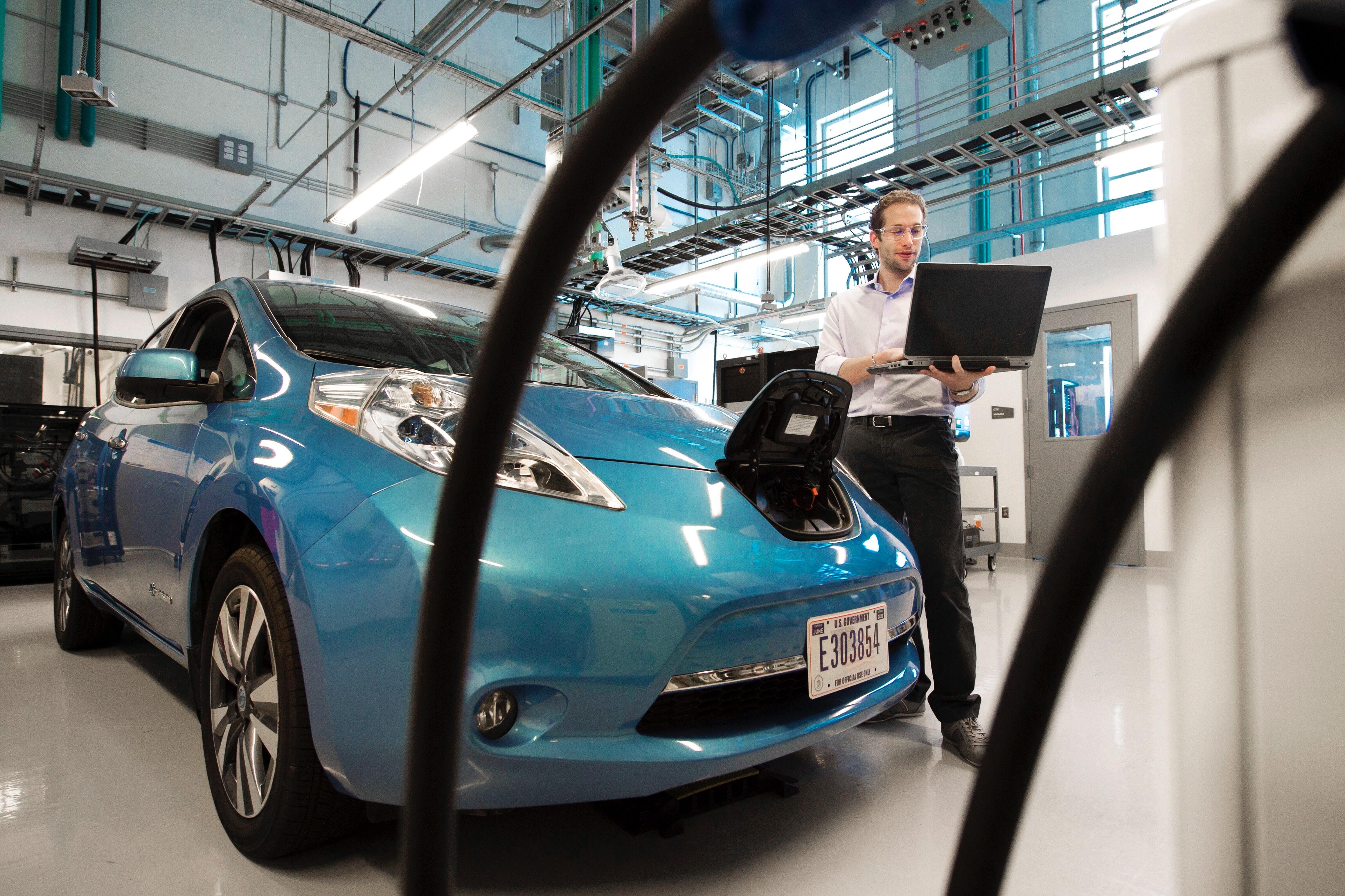
What are electric car batteries made of?
A typical electric car battery is made of thousands of rechargeable lithium-ion cells, which are connected together to form the vehicles battery pack. Lithium-ion batteries have a far higher energy density than most other types of batteries, meaning they can store more energy in a given volume. They are also more efficient when discharging their energy and require little to no maintenance.
But while lithium-ion batteries are efficient, they dont last forever. Like many other parts, batteries age with use, with the cells being able to hold less energy than they initially were. With time, this can cause a noticeable reduction in overall battery capacity.
Electric car battery vs phone battery
While your phone or laptop may lose up to 20% of its capacity within a few years, electric car batteries are designed from the start to last longer. They also tend to be used differently than most other personal electronic devices and have built-in protection mechanisms, which means they wear down less quickly.
For one, even with moderate use, EV batteries dont need to be charged nearly as much as other electronics. With the average distance driven in the EU, for example, a typical EV can last multiple days without needing a charge.
Second, electric car batteries have a system that prevents battery degradation, called a battery management system (BMS). The BMS controls battery charging and discharging and ensures it is done in a way that is least harmful to the battery cells. For instance, it can set aside a certain capacity to protect the battery or reallocate energy to ensure cells are being used evenly.

EV battery life: How long do batteries last in electric cars?
According to current industry expectations, EV batteries are projected to last between 100,000 and 200,000 miles, or about 15 to 20 years.
However, even when EV batteries do age, their large initial capacity combined with minor losses in battery capacity means the aging is nearly imperceptible to drivers. Indeed, EVs are currently estimated to lose an average of 2.3% of their battery capacity per year. To put that into context, if you purchase an EV today with a 240 km (150 miles) range, youll have only lost about 27 km (17 miles) of accessible range after five years.
While that theoretical loss is interesting, we can look at existing EVs to see how their batteries have aged over the past years.
Nissan, for example, has been selling electric cars for 12 years, and executive Nic Thomas claims that almost all EV batteries theyve manufactured during that time are still in use. Likewise, Tesla reports its vehicles to have an average lifespan of around 200,000 miles in the US and 150,000 miles in the EU.
This is quite a bit more than the average life expectancy of a car, which is only 12 years. In other words, EV batteries are predicted to outlast the vehicle theyre in. And to add extra peace of mind, almost all EV manufacturers offer around 8-10 years warranty for their battery pack, ensuring a battery will be replaced for free if it fails prematurely.
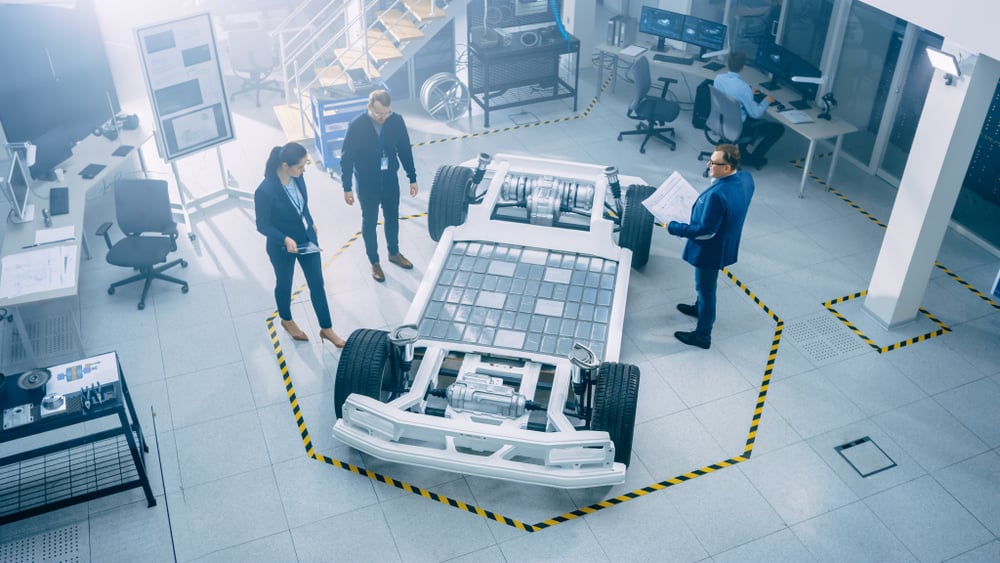
How to extend the battery life of your electric car
The improvement over the past decades in lithium-ion batteries has been significant. The advances have extended battery life, increased safety, and reduced the weight and price of battery packs. However, like all pieces of technology, if you care for them in the right way.
EV battery charging best practices
1. Dont charge your EV every night
Regardless of whether youre only topping up the battery by a few percent or charging the vehicle fully, every time your battery charges, you put stress on the battery. As a result, the capacity of the battery is reduced by a fraction. To avoid this compounding over time, you shouldnt plug your vehicle in every night. If you only charge your vehicle when its necessary, and not plugging the vehicle in as soon as you get home, you can extend your battery life.
2. Stay between 20 and 80 percent charge
Just like you shouldnt plug your vehicle in every night, you also shouldnt top it up to 100 percent when you dont have to. A lithium-ion battery is designed to store large amounts of energy with a charge that ebbs and flows. However, frequently draining the cells too often or filling them up fully can, over time, reduce the batterys capacity as a whole. The common advice is to stay between 20 and 80 percent charge and never let the battery die completely.
3. Control the optimal battery state of charge during long storage
Lastly, leaving your EV parked for too long with a full (or empty) battery also contributes to the degradation. To avoid this, if youre going to spend a significant amount of time away from your vehicle, its recommended that you fill it up to somewhere between 25 and 75 percent. There are smart charging stations that can help you with this and make sure that your battery doesnt go beyond these limits.

How much does an electric car battery cost?
By far the most expensive part of any EV is its battery. Currently, EV battery packs cost around $10,000 to $12,000, according to Reuters (or $150 per kWh according to IEA's Global EV Outlook 2023). This hefty price tag is largely due to the price of the materials needed to make the battery, many of which are rare or difficult to source.
Battery prices have fallen significantly these past decades thanks to advancements in technology and gains in efficiency. To illustrate today, the cost of pack manufacturing accounts for about 20% of total battery cost, compared to more than 30% a decade earlier.
In contrast, cell production costs increased in 2022 relative to 2021, returning to 2019 levels. This is due to the increasing prices of rare materials accounting for a significant portion of cell price, and the rising price of electricity, which affects manufacturing costs.
Bloomberg New Energy Finance (BNEF) expects battery price to start dropping again in 2024, when lithium prices are expected to ease as more extraction and refining capacity comes online. Based on the updated observed learning rate, BNEFs 2022 Battery Price Survey predicts that average pack prices should fall below $100/kWh by 2026.
Are electric car batteries recyclable?
When batteries do reach their end of life, what can be done with them? The environmental impact of used batteries is unquestionably a growing issue and a concern for many about EVs.
While recycling is often mentioned as the main solution for dealing with old batteries, in practice, EV batteries can often be reused for other purposes before needing to be recycled, thanks to their large capacity and ability to charge and discharge quickly.

What happens to old electric car batteries?
One of the main prospective uses for old EV batteries is electricity storage both for individual buildings and the entire grid. Indeed, the need for storage is a key challenge in balancing out the variability of many renewable energy sources and ensuring a constant supply.
The Mobility House has already implemented such a bidirectional smart charging system, using old Nissan Leaf battery packs to smooth out electricity demand peaks from the Johan Cruijff ArenA in Amsterdam, home of the Ajax football club.
Recycling electric car batteries
After their second or even third or fourth lives, batteries may not serve a functional purpose anymore. This is where recycling comes in. While recycling lithium-ion batteries is challenging, growing demand for their raw materials is catalyzing new processes, with some techniquesallowing up to 95% of the raw materials to be recovered.

Discover more about EV charging
Battery lifespan is understandably one of the main considerations for prospective EV drivers, given the significant investment an EV battery pack entails. In practice, modern EV batteries are designed with longevity in mind and will most likely outlast the vehicle theyre in.
If youre considering switching to electric mobility, you might have many more questions about electric cars and EV charging. Have a look at our detailed EV charging guide to learn everything you need about EV charging.
Subscribe to our newsletter: The Currentfor exclusive insights on all things electric mobility, right to your inbox.

